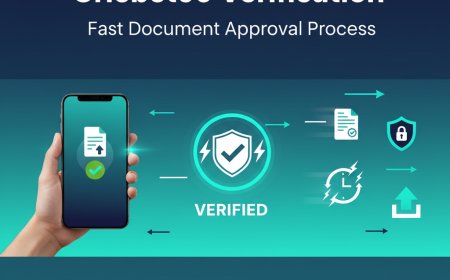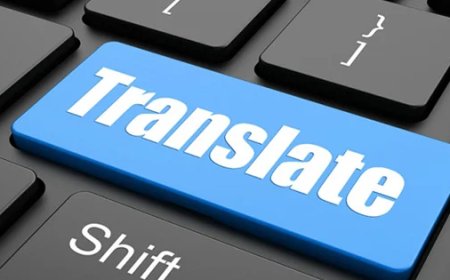Best Criminal Defence Lawyers: 5 Important Elements of Defensive Strategy
Facing criminal charges? Learn how expert criminal defence lawyers in Islamabad build winning strategies—from evidence review to custom defence plans and plea deals.

The best criminal defence lawyers arent hard to get once you know that they perfect strategy
Criminal charges can be one of the most stressful and life-altering parts a person can experience. A sentence by the court can result in high penalties and long prison terms, which may affect both your professional and personal life. However, a good defence strategy may make a considerable difference.
If you have been charged with a crime, the first thing you should do is engage an expert criminal defence lawyer in Islamabad. The sooner you meet with a legal advocate, the sooner you can begin developing a solid defence plan. Here are some pointers for developing the best strategy feasible for your scenario.
Recognising the allegations and the legal environment
A thorough grasp of the charges and the surrounding legal landscape is what makes an effective defence strategy. From the specific accusations made against you to the potential repercussions, your criminal defence lawyer will carefully review every facet of your case.The purpose is to discover all potential defences, whether they are based on procedural flaws, constitutional infractions, or the merits of the case.
Dissecting the components of the crime is necessary to comprehend the charges. For instance, in the event that you are accused of stealing, your lawyer must prove intent, the worth of the stolen item, and the specifics of the claimed offence. This includes:
-
examining the components of the accused offence.
-
spotting procedural mistakes like illegal searches or insufficient justification.
-
evaluating the seriousness of the charges to determine the possible fines and repercussions.
-
examining any past criminal history that might affect the sentence.
Compiling and Examining Every Piece of Evidence
The gathering and examination of all relevant evidence is one of the pillars of a successful defence. The prosecution will mostly depend on evidence to support their case because it has the power to make or break a case.
Evidence gathering could involve:
-
acquiring body camera footage and police reports.
-
collecting witness statements and interviewing witnesses on their own.
-
examining digital evidence, including surveillance film.
-
gathering forensic evidence, such as ballistic reports, DNA, or fingerprints.
-
reviewing expert testimony and medical records.
Our criminal defence lawyer in Islamabad will assess the reliability of the prosecution's evidence, spot any biases or motivations, and assess the credibility of the witnesses. Expert witnesses may occasionally be required to dispute scientific findings or offer counterarguments. This methodical strategy guarantees that the prosecution's flaws are fully utilised.
Creating a Sturdy and Customised Defence Strategy
A one-size-fits-all strategy is ineffective in criminal defence since no two criminal situations are alike. A customised defence plan is essential and is created according to the particulars of each case.
-
Contesting the validity of the search and arrest processes.
-
offering a negative defence or alibi, such as abduction or self-defense.
-
submitting requests to cover up illegally obtained evidence.
-
exposing contradictions in experts' testimony and undermining them through interrogation.
-
generating reasonable doubt by using expert testimony.
To choose the appropriate course of action in each case, a special combination of legal expertise, strategic thought, and experience is needed. As fresh information becomes available or the prosecution's approach becomes more apparent, the defence strategy changes. Our team makes sure that we are always ready to thwart any prosecution move by staying adaptable and responsive.
Understanding the Role of Confession Deals and Contracting Them
Every person has the right to go to trial, but in certain cases, a plea may result in the best benefit of the defendant, especially when the evidence against them is overwhelming.The plea deal is an agreement with the prosecution to reduce the charge or punishment in return for a guilty plea.
In order to negotiate a plea deal, you must:
-
Evaluating the evidence presented by the prosecution and comparing its merits to the dangers of a trial.
-
Conseling & Convincing with the prosecution to reduce the charges or any penalty,for instance, a reduced sentence or a felony reduced to a minor wrongdoing.
-
Saving money, time, and mind, a Plea agreement results in a fast resolution of a case. However, the attorney should support and have a look at these choices.
Getting Ready for the Trial
Thorough preparation is essential in the event that a case is tried. A solid defence could be the difference between a conviction and an acqu misdemeanour, and there is a lot at stake.
Preparing for a trial entails:
-
putting on simulated trials in order to foresee the arguments and answers of the prosecution.
-
preparing the defendant and other witnesses for cross-examination.
-
rationally arranging the data to make a compelling argument that is understandable and cohesive.
-
creating introductory and closing remarks that summarise the defense's position on the matter.





















